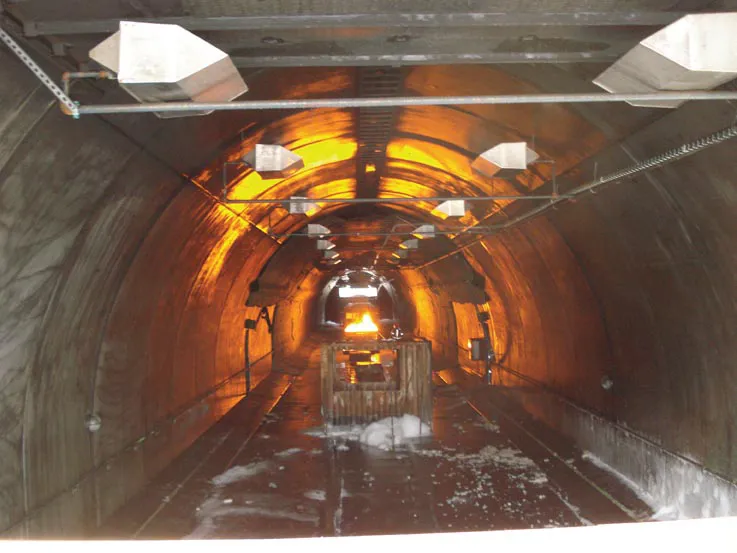The National Highway Authority of India has signed a package deal with Ramky Infrastructure and Chinese firm Jiangshu Provincial Transportation Engineering Group for a major highway project.
February 29, 2012
Read time: 1 min
The National Highways Authority India has signed a package deal with 1236 RAMKY Infrastructure and Chinese firm Jiangshu Provincial Transportation Engineering Group for a major highway project. The work involves upgrading a highway connecting Srinagar to Baniha to four lanes, with two in either direction. The US$248.5 million project is of particular note due to the presence of the Chinese firm.
Ramky Infrastructure holds a 74% stake in the joint venture while Jiangshu Provincial Transportation Engineering Group holds 26%. They will conduct the project on design-build-finance-operate-transfer (DBFOT) and construction is expected to take three years, which is included in the 20-year concession timespan. Ramky Infrastructure secured the project in September 2010.
Ramky Infrastructure holds a 74% stake in the joint venture while Jiangshu Provincial Transportation Engineering Group holds 26%. They will conduct the project on design-build-finance-operate-transfer (DBFOT) and construction is expected to take three years, which is included in the 20-year concession timespan. Ramky Infrastructure secured the project in September 2010.








